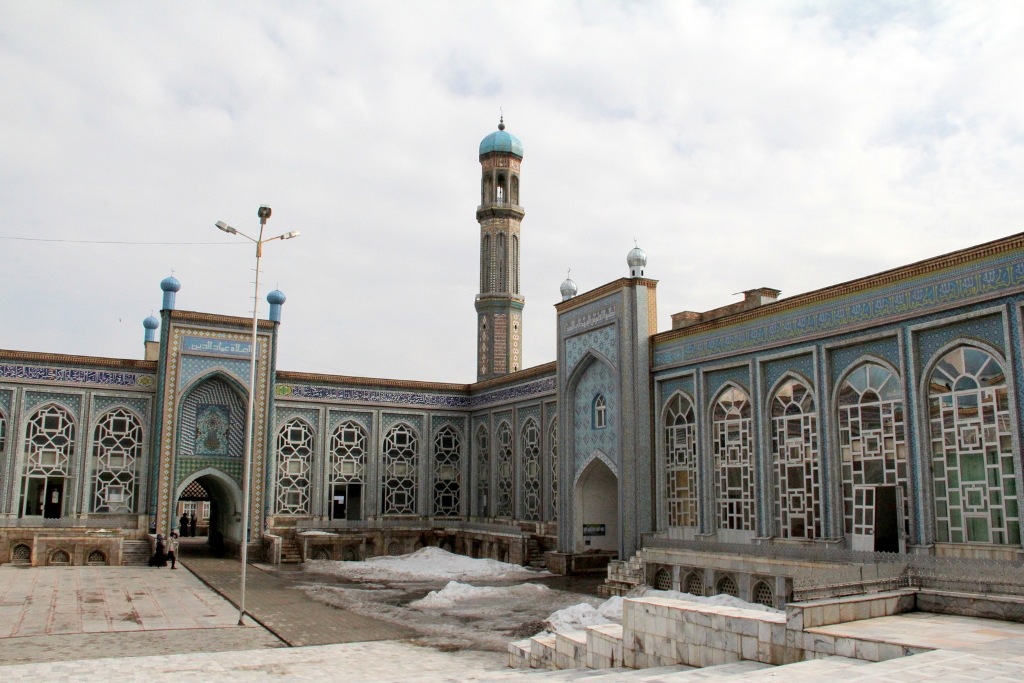The State Sanitary and Epidemiological Supervision Center of the city of Khudzhand again allowed the work of night clubs. The head of the State Sanitary and Epidemiological Supervision of the city of Takhmina Usmonova informed the journalists of Asia-Plus about this.
“Entertainment centers are allowed to operate subject to certain conditions. They must follow all the rules set out in the instructions, including wearing a mask, and be sure to take the temperature of visitors before entering the disco. In addition, they should consider disinfecting their hands and placing chairs at least 2 meters apart inside discos”, – Usmonova noted.
Recall that nightclubs in Khudzhand were closed due to the pandemic only on October 23, while mosques across the country had already been closed for several months.
Comment:
Earlier, the global pandemic served as another reason for the Tajik authorities to justify their decision to close mosques throughout the country. For the first time in the history of the current Tajikistan, the government of the country announced on March 4 the closure of mosques, this was motivated by the fact that the gathering of people at prayers poses a threat to the health of the population in a pandemic.
“Coronavirus is transmitted by airborne droplets, and all mosques have carpets. If the worshiper is infected, when bowing, the virus can remain in the place of worship and become a source of infection for another prayer. We cannot process carpets with chlorine-containing products 6-7 times. Therefore, it was decided to limit joint prayers in mosques,” – said in the message of the Ministry of Health.
At the time of the announcement of the closure of mosques, according to official data from the authorities, not a single case of infected with the Covid-19 virus was recorded, and the Tajik authorities recognized the presence of those infected in the country only at the end of April. Thus, the country’s authorities closed mosques two months before the official recognition of the presence of those infected with the virus in the country.
The Tajik government closed only mosques, while other institutions, including cafes, restaurants, nightclubs, institutes and markets, worked as usual, although no fewer people gather in these places and institutions than in mosques. The people even began to joke that “the country’s authorities have banned the virus from appearing anywhere other than mosques.”
And if we return to the main issue, that is, to allow the work of depraved nightclubs, then these institutions worked until October 26, even during the period when the mosques were closed under the pretext of quarantine. Now, the depraved establishments have started working again, yet the mosques are still closed, which once again confirms the regime’s hatred of mosques in particular and Islam in general.
In addition, the activities of nightclubs are considered a serious crime in Islam, the work of such establishments is strictly condemned by Islam, since debauchery and depravity are happening in these establishments, not to mention the use of alcoholic beverages and drugs, as well as the gathering of men and women in a non-Islamic manner.
Umar Farsi

